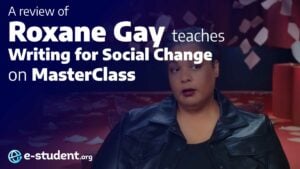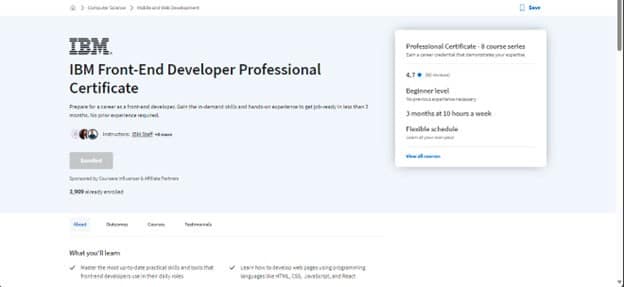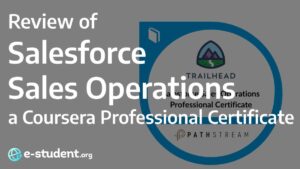
Roxane Gay MasterClass Review: Writing for Social Change
If you’re interested in writing about socially relevant topics, you should check out Roxane Gay’s MasterClass. But first read our honest review first so you can determine if this course is really for you.









